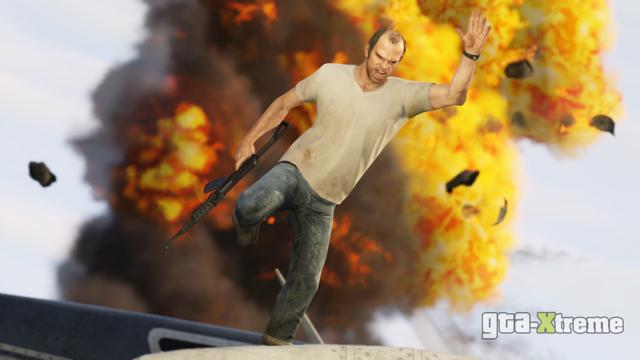Police alone can't pacify a violent culture

Public safety is and remains a primary topic of concern for Detroiters. From campaign conversation to political platforms to administrative agendas, making and keeping Detroit safe has been an elusive promise, the fulfillment of which apparently lies with simply hiring more police officers.
Without question, an increased police presence would do wonders for the perception of safety and may even slightly improve crime numbers. Regardless of the number of police officers available, they need to be armed with the necessary equipment, protection and firepower to combat the criminal element. Yet, in all of the conversations about what has to happen in order to make Detroit safe there is one significant element missing: the culture.
Flint and Detroit are neck-and-neck for the top spot of most violent cities in America, according to recent FBI statistics. Shootings and crying families are as much a part of news reports as the weather. We almost expect them, and barely raise an eyebrow when we see them other than to comment about how bad things are these days.
The day after these stats were released, so was Grand Theft Auto V, the newest edition of what no one denies is one of, if not the most, violent video games on the market. Sales reached a record $800 million in the first 24 hours after its release. It says much about our interest and priorities, or lack thereof.
Stories of shootings, reaching into urban and suburban areas alike, seem to get crazier with every report, including one in Ionia where two men shot and killed each other in a road rage encounter, or an incident where a group of teens shot another because they were “bored.”
Guns have become so much a part of our society and their fatal impact is our reality. No amount of policing, can change that. Disagreements are settled with gunfire, gang initiations use violence as a test of loyalty, and our communities remain in tears and crisis.
Blame for our violent culture has been laid at the feet of everything and everyone from politicians to hip-hop to video games; education, unemployment, drugs and mental health are also in the lineup of suspects. The reality is that they all play a role in what still falls heavily under personal responsibility.
Morality, common sense and responsible practices and behaviors cannot be regulated. Use of weapons can’t either, as even those with permits (like both men in Ionia) are not above the violent cultural fray. And most criminals don’t bother to register their weapons, nor do they exchange them for grocery store gift cards during heavily promoted gun buy-back programs. However, the factors and circumstances that contribute to the absence of these can and must be, at least, acknowledged in order for the problem to be solved.
It can’t start at home, because for many those are broken, too. Schools and teachers are already overburdened with disciplinary challenges, which all but prevent a full day of academic activities. And, it doesn’t mean that everybody should buy a weapon – although it doesn’t seem there are many left to do so.
I recently sat in a small group of young people hosted by the Community Relations Office of Wayne State University. It wasn’t formal, but was designed to have an open dialogue with young people about who they were, their challenges and how we as adults could help. In the group was a young man who was recently released from prison where he served several years for not “snitching” on who killed his friend. His conversation was quite revealing, and was a stark contrast to what many adults think about those who live and breathe violent lifestyles. But those are the conversations that must shape our policy and practices. We can’t assist from behind a desk or in the stands; observations alone can’t replace active engagement.
Sure, we’ll gladly take more cops. But to that, add a ride-along with those who have to deal with both ends of violence – from the officers on the streets to the ones who bag the bodies, as well as all in between. Their stories and solutions are far different than that of those who write campaign speeches or press releases.
The bottom line is that we must ask and engage those who know, those who see it, live it, breathe it and die by or because of it every day. Until we do, we’re only aiding and abetting in some seemingly insignificant way.
See what new members are saying about why they donated to Bridge Michigan:
- “In order for this information to be accurate and unbiased it must be underwritten by its readers, not by special interests.” - Larry S.
- “Not many other media sources report on the topics Bridge does.” - Susan B.
- “Your journalism is outstanding and rare these days.” - Mark S.
If you want to ensure the future of nonpartisan, nonprofit Michigan journalism, please become a member today. You, too, will be asked why you donated and maybe we'll feature your quote next time!
 AS AMERICAN AS APPLE PIE: A culture that catapults violent video games to the top of sales charts cannot be pacified simply by adding more police officers. (Screen capture of "Grand Theft Auto V")
AS AMERICAN AS APPLE PIE: A culture that catapults violent video games to the top of sales charts cannot be pacified simply by adding more police officers. (Screen capture of "Grand Theft Auto V")